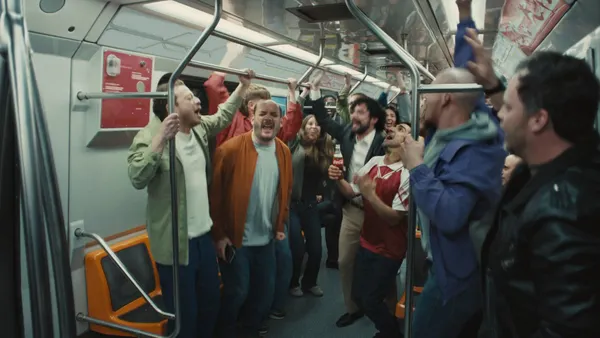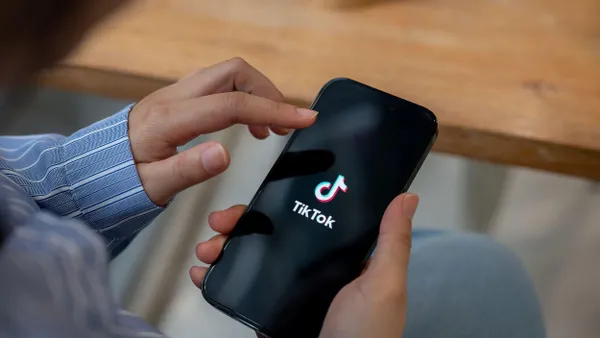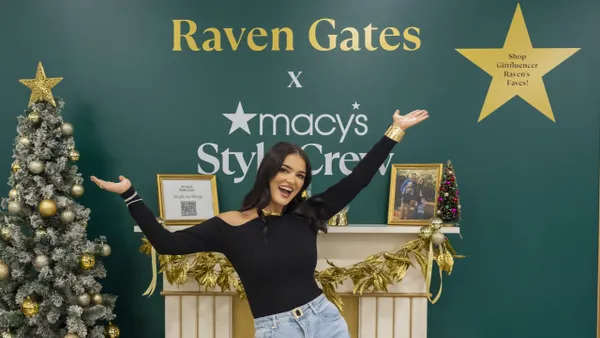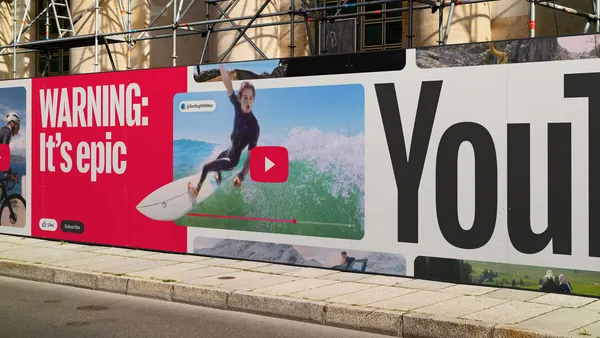Brief:
- Apple removed a viral app that claims to predict the date and time of a mobile user's death after it went viral on the App Store, Variety reported. The app was inspired by "Countdown," a teen horror flick that premieres on Oct. 25 and is about a mobile app that predicts when people will die under mysterious circumstances.
- Movie distributor STX Films didn't create the app as part of the promotion for the movie, whose tagline reads, "Death? There's an app for that." Instead, a British software developer named Ryan Boyling last month published the app after seeing a trailer for the movie. The Countdown app went viral as people posted screenshots of the app on social media, and even surpassed TikTok, YouTube and Instagram as the No. 1 free app in the App Store.
- Apple notified the developer that it removed the app for being "too minimalistic," not because of a copyright complaint from the film's distributor. Instead, STX decided to build on the viral success of the app by buying it from Boyling, and working with him to release an Android version. Boyling said he's working to bring back the iOS version to the App Store, Variety reported.
Insight:
The story of the Countdown app is interesting for several reasons, especially since movie distributor STX Films didn't create the app as part of the promotion for its upcoming horror movie by the same name. It's easy to imagine the potential legal liability that comes with an app that claims to predict the date and time of a person's death. Such an app should have ample legal disclaimers to indicate it's for entertainment purposes only, which STX Films will have to consider when developing an Android version of the app.
The popularity of the Countdown app shows the power of social media in generating viral publicity, which can be difficult to predict as internet memes suddenly trend and fade without warning. Mark Anthony Brands' White Claw hard seltzer, for example, experienced an unpredicted jump in sales last July after a YouTube creator's parody video about the brand went viral. The video inspired countless memes, tweets and merchandise — even as White Claw cut ad spending by 30%.
Meanwhile, beauty brand Marc Anthony True Professional this year saw an unforeseen 60% jump in sales as TikTok users shared humorous "before and after" videos of themselves using its shampoo as if they were starring in commercials for a luxury brand, driving sales of its products.
Even if by accident, the Countdown app shows how mobile marketing strategies have become essential in promoting films, especially to younger audiences whose viewing habits have shifted to smartphones. Those marketing efforts now include mobile game tie-ins, campaigns on social media and augmented reality (AR) activations. Disney, for example, this week debuted its first AR makeup try-on on YouTube to promote the release of "Maleficent: Mistress of Evil." Previously, Paramount Pictures boosted the click-through rate of a campaign for horror movie "Pet Sematary" by using dramatic 3D photo ads on smartphones.












